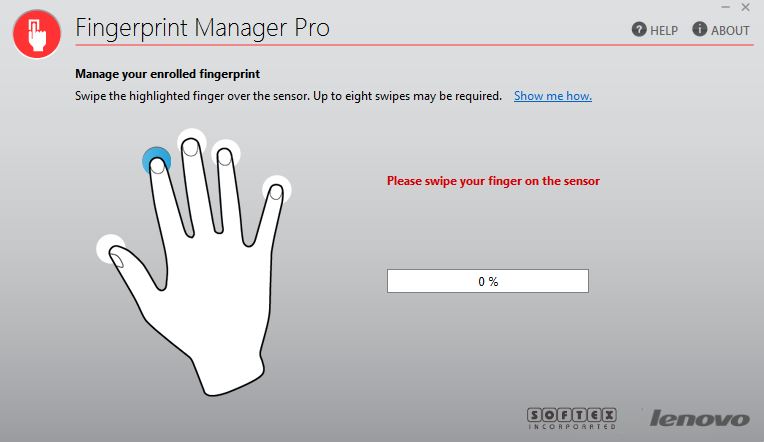Lenovo, Huawei Laptops: Smaller, Faster, Add a Second Screen – PCMag.com
Lenovo, Huawei Laptops: Smaller, Faster, Add a Second Screen PCMag.com
ThinkPad X390 moves to a 13.3-inch screen while still being impressively light, while a mobile second screen offers a new way of working on the road.
“Don’t Plug Your Phone into a Charger You Don’t Own” – read more
